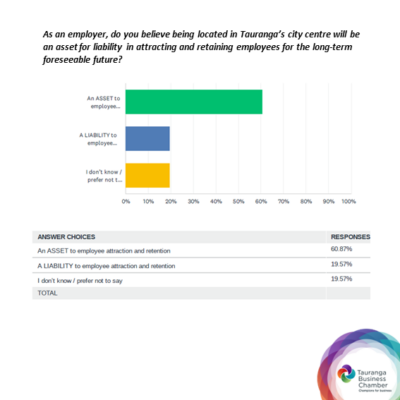A large number of residential tenancy changes, affecting landlords and tenants, are coming into effect this February.
As a large number of our members are business owners and residential property landlords, we’re helping you keep up-to-date with these significant changes.
Phase 1: Law changes already in effect (as of August 2020)
- Transitional and emergency housing: Accommodation provided for these purposes, which is funded by the government or part of a special needs grants programme, is exempt from the Residential Tenancies Act.
- Rent increases: Rent increases are limited to once every 12 months. This is a change from once every 180 days (six months). There continues to be a freeze on rent increases. This means landlords cannot increase rent until after September 2020. Any rent increase notices given to tenants from August 12 must comply with the new 12-month rule.
Phase 2: Law changes to take effect from February 11, 2021
- Security of rental tenure: Landlords will not be able to end a periodic tenancy without cause by providing 90 days’ notice. New termination grounds will be available to landlords under a periodic tenancy and the required notice periods have changed.
- Changes for fixed-term tenancies: All fixed-term tenancy agreements will convert to periodic tenancies at the end of the fixed-term unless the parties agree otherwise, the tenant gives a 28-day notice, or the landlord gives notice in accordance with the termination grounds for periodic tenancies.
- Making minor changes: Tenants can ask to make changes to the property and landlords must not decline if the change is minor. Landlords must respond to a tenant’s request to make a change within 21 days.
- Prohibitions on rental bidding: Rental properties cannot be advertised without a rental price listed, and landlords cannot invite or encourage tenants to bid on the rental (pay more than the advertised rent amount).
- Fibre broadband: Tenants can request to install fibre broadband, and landlords must agree if it can be installed at no cost to them, unless specific exemptions apply.
- Privacy and access to justice: A suppression order can remove names and identifying details from published Tenancy Tribunal decisions if a party who has applied for a suppression order is wholly or substantially successful, or if this is in the interests of the parties and the public interest.
- Assignment of tenancies: All requests to assign a tenancy must be considered. Landlords cannot decline unreasonably. If a residential tenancy agreement prohibits assignment, it is of no effect.
- Landlord records: Not providing a tenancy agreement in writing will be an unlawful act and landlords will need to retain and provide new types of information.
- Enforcement measures being strengthened: The Regulator (the Ministry of Business, Innovation and Employment) will have new measures to take action against parties who are not meeting their obligations.
- Changes to Tenancy Tribunal jurisdiction: The Tenancy Tribunal can hear cases and make awards up to $100,000. This is a change from $50,000.

Phase 3: Law changes to take effect by August 11, 2021 (but may take effect earlier if the Government agrees)
- Family violence: Tenants who experience family violence will be able to withdraw from a fixed-term or periodic tenancy without financial penalty by giving two days’ notice and evidence of the family violence. If they are the only tenant, the tenancy will end.
- Physical assault: A landlord will be able to issue a 14-day notice to terminate the tenancy if the tenant has assaulted the landlord, the owner, a member of their family, or the landlord’s agent, and the Police have laid a charge against the tenant in respect of the assault.
Where to find out more:
- Residential Tenancies Amendment Act 2020 summary of changes
- Questions and answers (Ministry of Housing and Urban Development website)
- Residential Tenancies Amendment Act 2020 (NZ Legislation website)
NZ Herald also provides some diagnosis of the Act and its impacts here.
















































